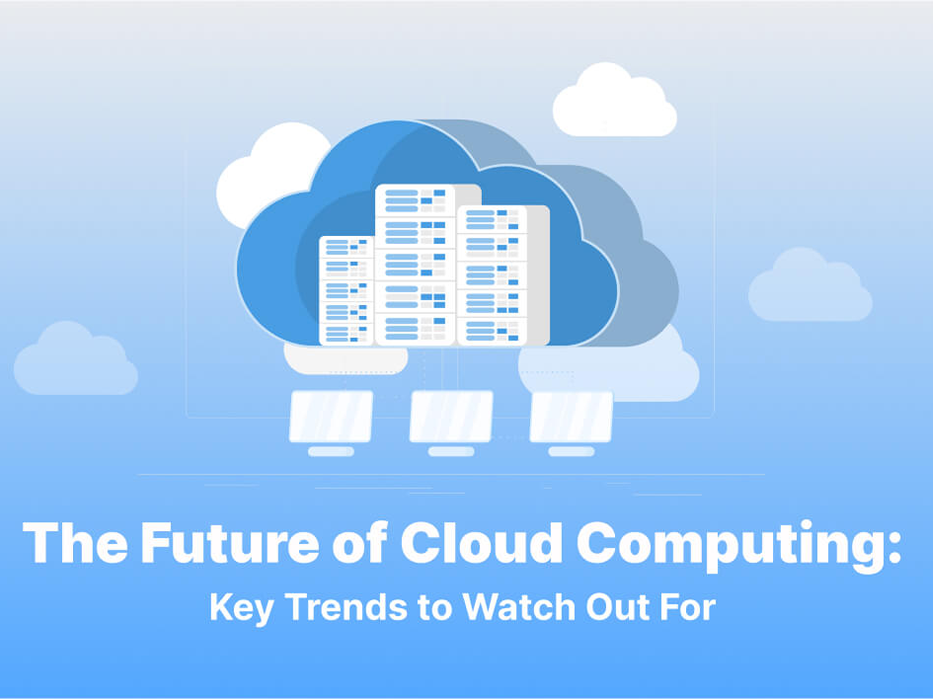Here are some key trends to watch in cloud computing:
1. Hybrid and Multi-Cloud Strategies: Organizations are increasingly adopting hybrid and multi-cloud approaches to leverage the strengths of different cloud providers and on-premises infrastructure. This trend is driven by the need for flexibility, scalability, and redundancy.
2. Edge Computing: As IoT devices and applications grow, edge computing is becoming more crucial. It involves processing data closer to where it’s generated (at the edge of the network), reducing latency and bandwidth use. Cloud providers are expanding their capabilities to support edge computing deployments.
3. Serverless Computing: Serverless architectures allow developers to focus on writing code without worrying about infrastructure management. This trend is gaining momentum as it enhances scalability, reduces operational overhead, and improves resource utilization.
4. AI and Machine Learning Integration: Cloud platforms are integrating AI and machine learning services, making it easier for developers to incorporate advanced analytics, natural language processing, and computer vision into their applications.
5. Security and Compliance: With increased adoption of cloud services, there’s a heightened focus on security and compliance. Cloud providers are investing in advanced security features, encryption technologies, and compliance certifications to address these concerns.
6. Containerization and Kubernetes: Containers are revolutionizing how applications are deployed and managed. Kubernetes, an open-source container orchestration platform, is widely adopted for automating the deployment, scaling, and management of containerized applications.
7. Quantum Computing: Although still in its early stages, quantum computing has the potential to disrupt cloud computing by solving complex problems that are currently infeasible for classical computers. Cloud providers are exploring quantum computing services to prepare for future demands.
8. Green Cloud Computing: Sustainability is becoming a priority, leading to the development of eco-friendly data centers and energy-efficient cloud services. Cloud providers are increasingly focusing on reducing their carbon footprint and promoting renewable energy use.
9. DevOps and Agile Practices: Cloud computing facilitates DevOps practices by enabling seamless collaboration between development and operations teams. Agile methodologies are also benefiting from cloud services by accelerating software development cycles and improving responsiveness.
10. Cost Management and Optimization: As cloud usage grows, managing costs becomes crucial. Cloud providers are offering tools for cost optimization, such as resource scheduling, automated scaling, and pricing models that align with usage patterns.
These trends illustrate how cloud computing is evolving to meet the demands of modern businesses and technology landscapes. Staying informed about these developments can help organizations make informed decisions and leverage cloud computing effectively.





